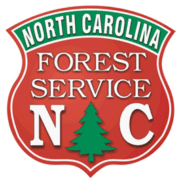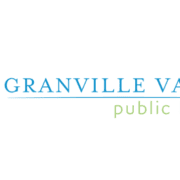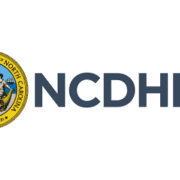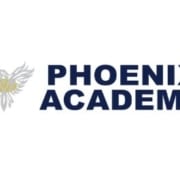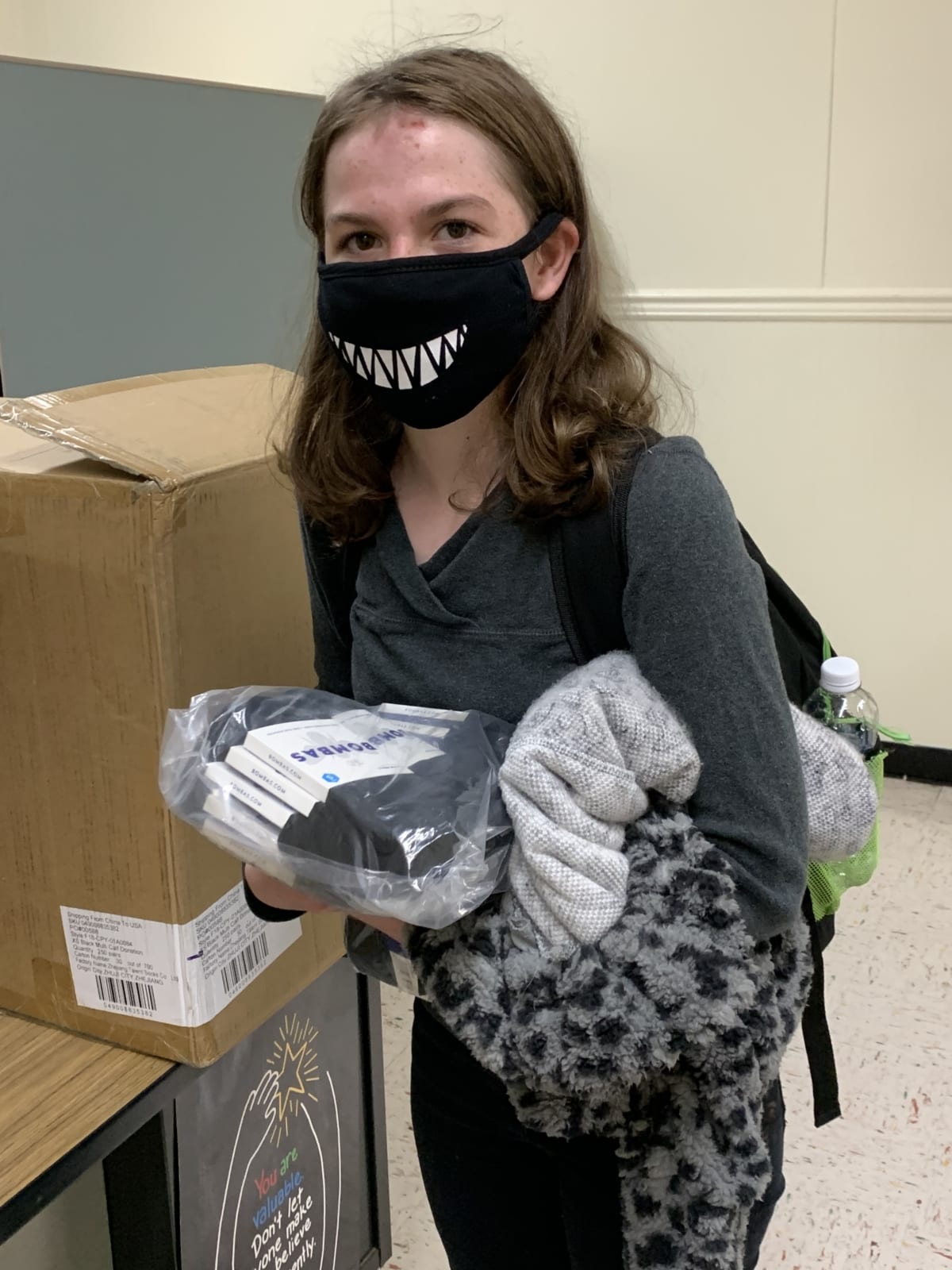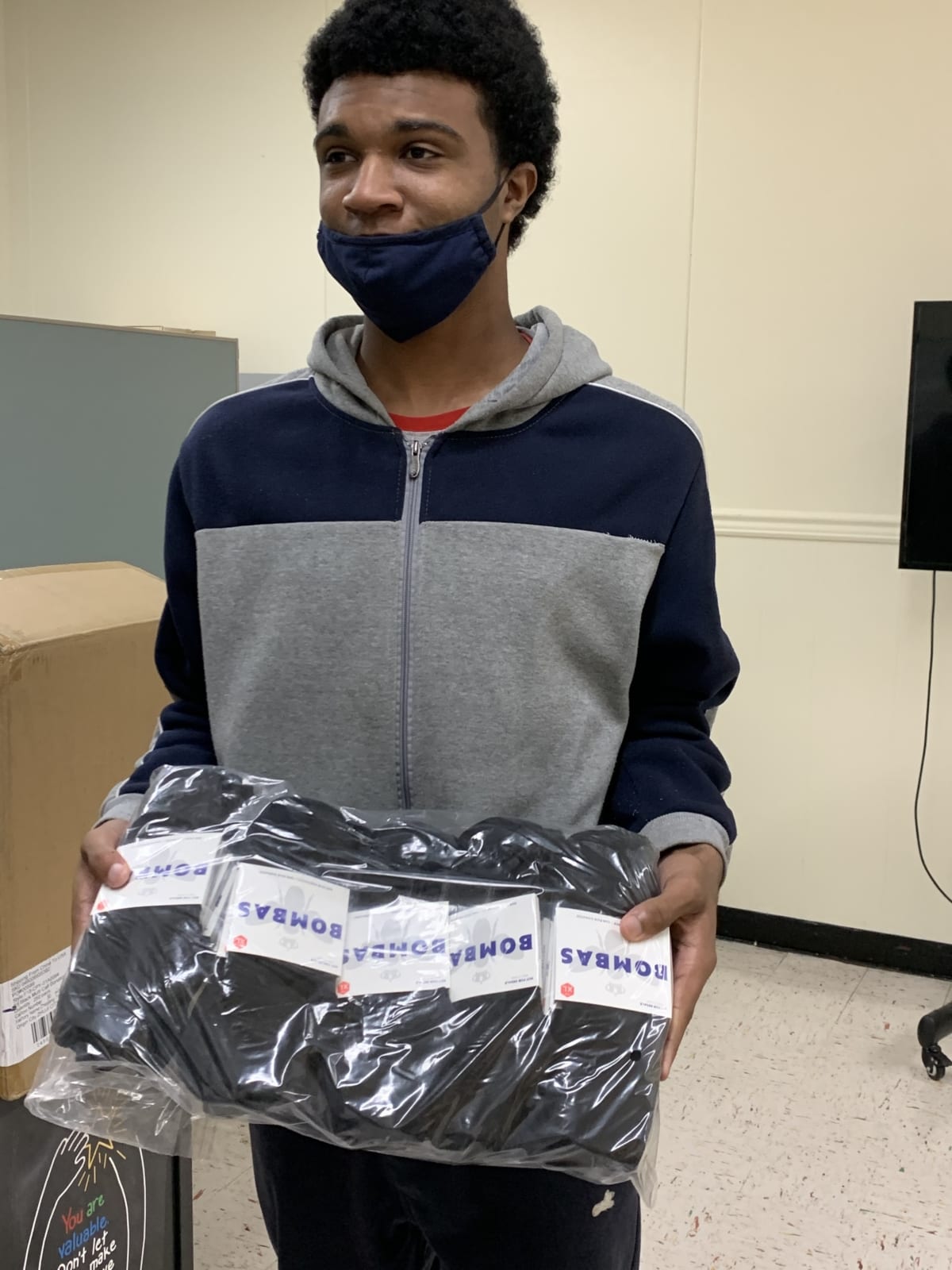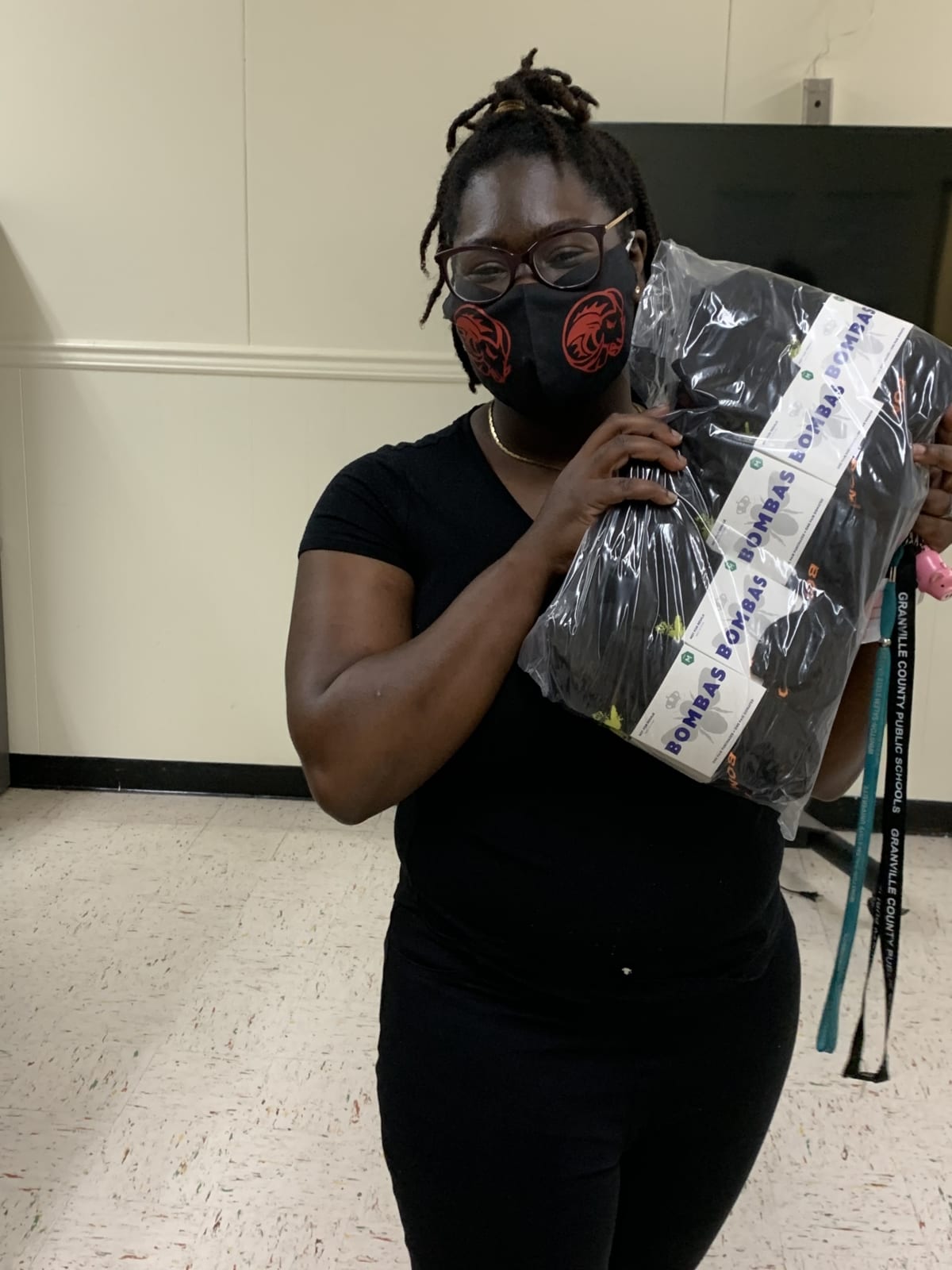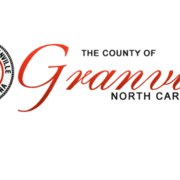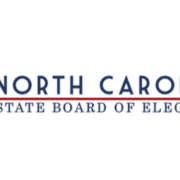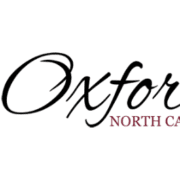100.1 FM ~ 1450 AM ~ WIZS, Your Community Voice ~ Click to LISTEN LOCAL
-Press Release, NC State Board of Elections
North Carolina elections officials wish to remind Election Day voters that it may take a few weeks before their “voter history” is updated to reflect their recent vote in their voter record available through the State Board of Elections’ Voter Search tool.
“If you voted in person and inserted your ballot into a tabulator, your selections were immediately recorded on a memory card, and your votes were reported on election night as part of the unofficial results,” said Karen Brinson Bell, executive director of the State Board of Elections. “We respectfully ask that voters trust their bipartisan boards of elections across North Carolina. We are here to make sure your votes count, and they will.”
The State Board of Elections and county boards of elections are inundated with questions from voters about whether their ballot was counted in the 2020 general election. In almost every single case, the answer will be yes.
However, if you voted on Election Day, it will take time for your voter history to reflect the fact that you voted, as county boards of elections must first complete post-election processes.
Voters may confirm the status of their ballot in the following ways through the State Board of Elections’ Voter Search tool: https://vt.ncsbe.gov/RegLkup/. Simply enter your first and last names and county (if desired) and follow the instructions below based on your voting method.
If you voted in person on Election Day…
When you inserted your ballot into a tabulator, your selections were recorded on a media card in the tabulator. These results were counted and reported publicly on election night.
For further confirmation that your ballot was counted, use the Voter Search tool.
Your ballot status will show up in the “Voter History” section (see screenshot below) as soon as your county completes the post-election process of assigning voter history to your record. This may take a couple of weeks or longer after the election.
Please be assured that your county board of elections will complete this process as promptly as possible amid the other post-election tasks that must be completed, including post-election audits and certification of the results.

If you voted in person during the one-stop early voting period from October 15-31…
You can find that your vote counted in the “Your Absentee Ballot” section (see screenshot below) of the Voter Search database.
Under North Carolina law, all early votes – by-mail or in-person – are considered absentee votes. If you voted during the early voting period, your “Absentee Status” will show “VALID RETURN,” the “Return Method” will be “IN PERSON” and your “Return Status” will be “ACCEPTED.”
Your ballot status also will show up in the “Voter History” section as soon as your county completes the post-election process of assigning voter history to your record. This may take a couple of weeks or longer.

If you voted absentee by-mail…
Once your ballot is received by your county board of elections, you can find that your vote counted in the “Your Absentee Ballot” section of the Voter Search database. “Absentee Status” will show “VALID RETURN,” the “Return Method” will be “MAIL” and your “Return Status” will be “ACCEPTED” or “ACCEPTED – CURED”.
Your ballot status will also show up in the “Voter History” section as soon as your county completes the post-election process of assigning voter history to your record. This may take a couple of weeks or longer.
If you cast a provisional ballot…
You will be able to check the status of your ballot 10 days after the election through the Provisional Search tool: https://vt.ncsbe.gov/RegProvPIN/. You must fill out all four fields in the form and click “Search.”
What is “voter history”?
Voter history includes the election date, the voting method and your county. For primary elections, it also includes the ballot style (Republican, Democratic, nonpartisan, etc.) that you voted. It will not show who you voted for. That is always confidential.
State elections officials urge voters to use the options above to ensure their ballot was counted. We also urge voters to be wary about what they read online and on social media about elections. In these days after the election, a lot of misinformation is spreading on social media.
“Please be patient as your county boards of elections work extremely hard to ensure all ballots are counted and results are audited and certified,” Brinson Bell said. “With these options, voters can have peace of mind that their voice was heard in this election.”


